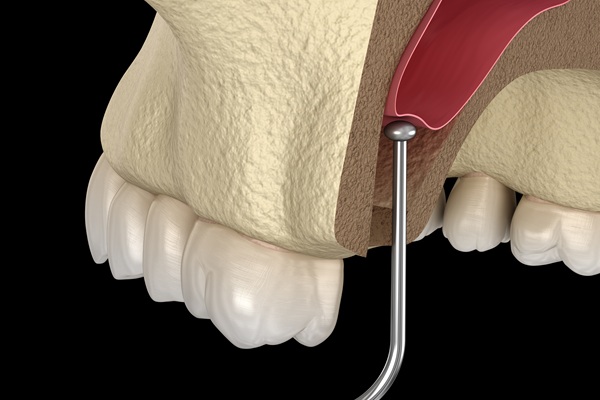3 Common Reasons to See an Oral Surgeon

An oral surgeon performs important procedures, both cosmetic and restorative. Although the idea of surgery for many people is still unpleasant, its effectiveness is undeniable. With recent advancements in dental technologies and techniques, oral surgeries are far less complex and invasive than before.
3 Reasons to see an oral surgeon
The following are some of the most common reasons why a patient might need to see an oral surgeon:
1. Tooth extractions
Not all dental extractions are simple. Some extraction processes are easy because the tooth is already loose and ready to be extracted by the dentist. Other times, extracting a tooth may require more invasive oral surgery. In this case, an oral surgeon will need to perform a complicated procedure.
Usually, dental professionals will want to save natural teeth as much as possible. However, when dire situations arise, prompt tooth removal may be necessary. Some cases may include severe pain from tooth impaction, misaligned teeth, bleeding gums, hard-to-reach teeth, severe decay, or cavities below the gumline. All these cases require a visit to an oral surgeon to prevent the situation from worsening.
2. Dental implant placement
Dental implants have quickly become a popular choice for replacing lost teeth. The process involves placing titanium posts into the jawbone to replace the lost tooth root. An abutment will be added — this is the piece the dental crown will rest on. The crown, with the support of the dental implant, functions and looks like the other natural teeth. Generally, the dental implant process is simple and after the recovery process, patients can return to their usual routine and consume regular foods.
3. Corrective jaw surgery
Another common reason to see an oral surgeon is corrective jaw surgery, also known as orthognathic reconstructive surgery. This procedure is performed in order to treat jaw irregularities to improve the patient’s ability to chew, breathe, and speak properly. In fact, jaw surgery usually involves realignment and reconstruction of the jaw to improve functionality.
Corrective jaw surgery is also required to correct dysfunction and bite issues resulting from facial trauma, accidents, or even congenital disabilities. Only an oral surgeon can handle this surgery because it can be extensive and sometimes complicated. After the procedure, the patient will have a correctly aligned lower and upper jaw. Also, the procedure can remarkably improve the appearance and aesthetic appeal of the face. With jaw surgery, patients will no longer experience discomfort with jaw functions and notice better balance.
Getting started
You cannot simply visit the oral surgeon for a procedure. It is advisable to go for a consultation regarding your condition first. Often, it is a type of pain or issues regarding dental functionalities that necessitate the visit. The appointment will allow the oral surgeon to examine your oral cavity and make a diagnosis. Once they know the problem, they can determine the best treatment option, which may involve invasive oral surgery or sometimes a simple but effective solution.
Request an appointment here: https://brighton.drjstearns.com or call Platte Valley Oral Surgery at (303) 997-0223 for an appointment in our Brighton office.
Check out what others are saying about our services on Yelp: Read our Yelp reviews.
Recent Posts
A sinus lift procedure goes by many other names, including sinus elevation, sinus augmentation, and sinus graft. It can be an important step in the process of having a dental implant placed in the upper jaw to replace a missing tooth. The procedure involves raising the floor of one of the maxillary sinuses and filling…
Facial trauma treatment differs based on the severity and location of the damage. Continue reading to learn how an oral surgeon addresses facial trauma. It can cause other medical issues, so it is important to seek treatment promptly. An oral surgeon is a face trauma specialist who is trained in maxillofacial surgery and treatment. They…
Oral bone grafting procedures can help restore mouth functionality, health, and appearance. These surgical procedures vary in type and extent. Continue reading to learn more about dental bone grafts, the surgical grafting process, and why someone might need oral bone grafts.Surgeons perform bone grafts throughout the body. Oral bone grafting occurs in the mouth, usually…
An oral pathology must receive immediate treatment. This can prevent more complications later on. Your oral surgeon can help correct any dental problem. Here are the details about each common oral pathology and its corresponding treatment.This oral pathology results from a bacterial infection because of plaque buildup. Symptoms of this condition include gum bleeding and…


